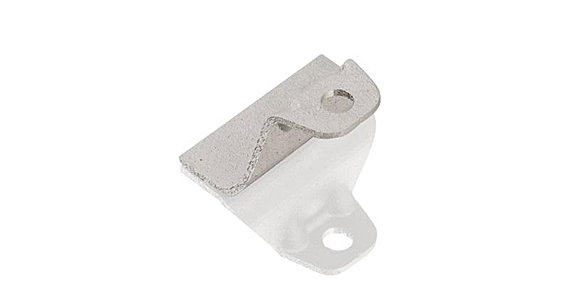Porsche Classic supplies replacement parts using metal Additive Manufacturing
February 13, 2018

Porsche Classic is dedicated to the company’s classic vehicle ranges (Courtesy Porsche AG)
Porsche Classic, based in Stuttgart, Germany, a division of Porsche AG dedicated to classic vehicles, has begun producing rare replacement parts by metal and plastic Additive Manufacturing.
Traditionally, where a spare part is no longer available, it would be reproduced using the original tools or, if the original tools are not available, replacements. However, this can pose a challenge when ensuring the supply of spare parts which are only required in very limited numbers, due to the inefficiency inherent in producing new tools for the sake of a very short production run.
In order to enable the economic manufacture of rare parts to a high quality in very short production runs, Porsche Classic states that it is now using Additive Manufacturing. One example of such a part is the release lever for the clutch of the Porsche 959 (of which only 292 vehicles were ever produced), originally produced in grey cast iron and subject to very high quality requirements.

An additively manufactured spare part produced at Porsche Classic (Courtesy Porsche AG)
The company stated that it is now using Selective Laser Melting (SLM) to produce the part from tool steel. The replacement part produced by SLM is reported to have passed both a pressure test with a load of almost three tonnes and tomographic examination for internal faults. Subsequent practical tests, with the lever installed in a test vehicle, were also passed.
Due to the positive results it has received to date, Porsche stated that is currently manufacturing eight other parts by metal and plastic Additive Manufacturing, and testing whether a further twenty components could be suitable for AM. The metal AM parts will be produced in steel and alloys using SLM. According to the company, although all parts are subject to the quality requirements of the original production period as a minimum, it has found that most meet higher standards on testing.
















